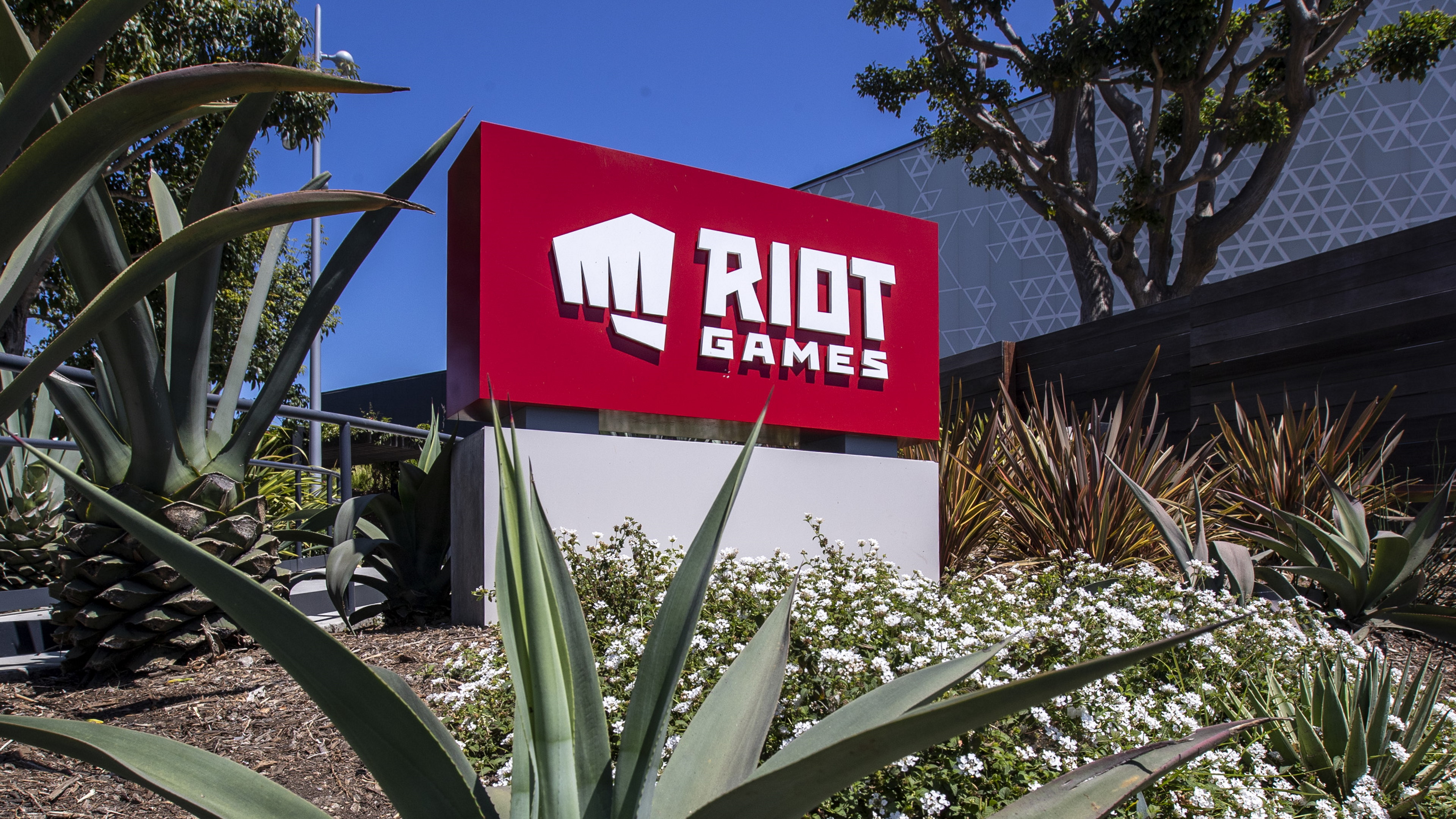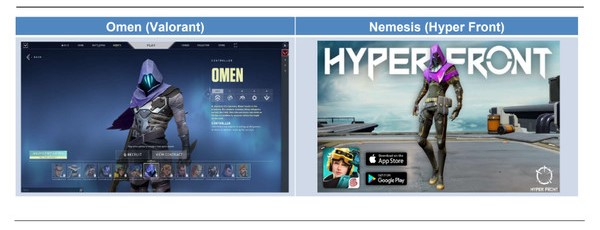Riot is suing NetEase over an alleged Valorant clone
Riot alleges that mobile shooter Hyper Front copies substantial portions of Valorant.

Riot Games is filing lawsuits against publisher NetEase over its 5v5 mobile shooter Hyper Front, which Riot's lawyers allege is a clone of their shooter Valorant. Riot's filed suits in several countries' legal systems, including the United Kingdom, Germany, Brazil, and Singapore, seeking to stop NetEase from distributing Hyper Front and asking for monetary damages.
Valorant has an in-development mobile version of its own, though no release date has yet been announced. Rumors have said 2024, though no evidence for that has been forthcoming.
Speaking with Polygon, a lawyer for Riot Games said that “All of our creative choices are mirrored in NetEase’s game" and that "“We don’t think that changing the color of a character ability or slightly modifying the visual appearance changes the fact that it’s copyright infringement."
Riot's no stranger to copyright lawsuits. It has previously sued over alleged clones, ripoffs, and knockoffs of both League of Legends and spinoff Teamfight Tactics. Its parent company Tencent has also won lawsuits in China around League of Legends copies. It's embroiled in one right now, in fact—a US judge just told them to take it to the Chinese court system.
The comparisons Riot makes in the UK lawsuit documents are extensive, including screenshots of maps, characters, weapon skins, and other trinkets. There are even comparisons of in-game weapon statistics and performance. Riot says that an initial complain prompted some changes by NetEase, but did not go far enough.
Riot's lawyers emphasized the global nature of the games industry in justifying the several lawsuits across multiple countries.

Riot Games is owned by Tencent, a somewhat-larger and more far more well-known Chinese media company, and users on social media were quick to accuse Tencent of hypocrisy. Tencent's own Ace Force, for example, was accused of copying Overwatch's aesthetics and gameplay when it launched in 2019, while Tencent's geolocation-based mobile game Let's Hunt Monsters was accused of being a clone of Pokemon Go.
Keep up to date with the most important stories and the best deals, as picked by the PC Gamer team.
The legal outcome here is very much unclear: Don't count NetEase out though. It's a big tech company and includes lots of divisions not just in East Asian countries, but recently expanded into Europe and America with the acquisition of Detroit: Become Human developer Quantic Dream.
Jon Bolding is a games writer and critic with an extensive background in strategy games. When he's not on his PC, he can be found playing every tabletop game under the sun.

